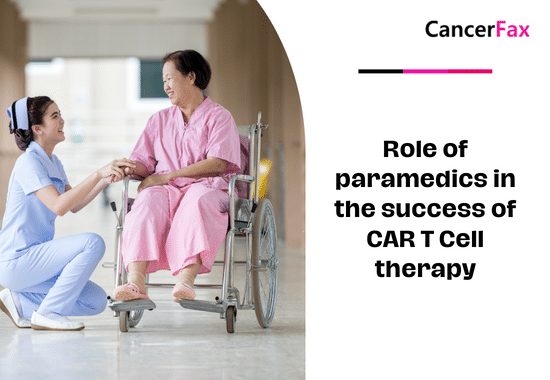The advantages of early detection in cancer screening cannot be underestimated. There is a lot of evidence that the importance of rapid intervention can not only prevent the spread of the disease, but also significantly improve the survival rate of almost all forms of cancer. However, identifying early markers of cancer remains a challenge for scientists. Although now, researchers from Brunel University and Leeds University in London have just released new evidence that can provide hope for early identification of liver cancer.
The results of the study show that the expression of glycolytic enzymes in the liver of pre-cancerous cirrhosis is significantly increased, which is related to the significantly increased risk of developing hepatocellular carcinoma (HCC), and can identify groups at risk of malignant HCC. The results of this new study were published in the “Forefront of Cellular and Developmental Biology” with the title “The high expression of glycolytic genes in liver cirrhosis is associated with the risk of developing liver cancer.”
In other words: the conversion of glycolysis occurs in the precancerous period, the expression level of glycolysis-related genes is positively correlated with the progression of liver cirrhosis to HCC, and the prognosis of patients with biopsy HCC is poor. This indicates that the expression of glycolytic enzymes can be used as a new biomarker to predict the risk of HCC in patients with liver cirrhosis in the later stage. Further research is needed to determine whether these changes in gene expression are confirmed as changes in glycolysis activity.
The results of the study reveal promising methods for improving the survival of HCC through early detection and treatment. According to Dr. Papa, the shift in glycolysis expression profile in cirrhotic cells may even become the target of new HCC therapies. For example, clinical trials are currently underway to explore the role of statins-used to help prevent cardiovascular disease, HCC development in patients with liver cirrhosis or recurrence of HCC after surgical resection, most likely by blocking cholesterol synthesis, statins inhibit Glycolysis.

